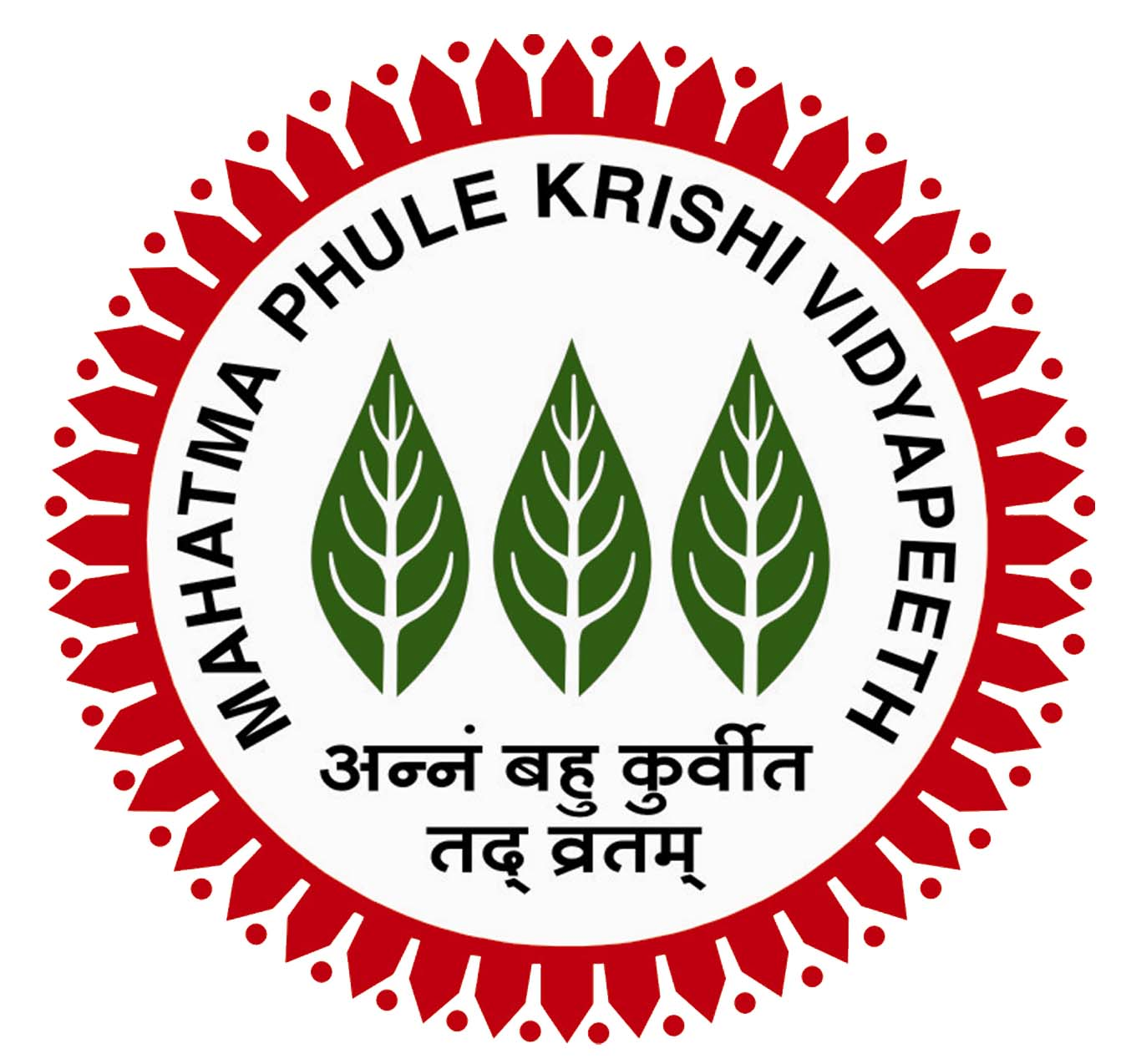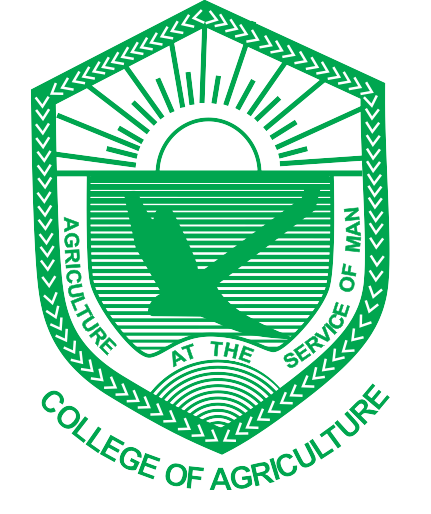The State scheme on biological control of major pests of field and horticultural crops in Maharashtra was started in 1962 with major emphasis on insect-pests like bollworms on cotton, borers on sugarcane, paddy and important pests of vegetables and fruit crops. Survey of indigenous natural enemies was carried out and promoted bioagents for the control of cotton bollworms, sugarcane and paddy stem borers and potato tuber moth. Later on, exotic natural enemies were introduced through CIBC, Bangalore and tested at this research station.
The ICAR centre of ‘All India Co-ordinated Research Project on Biological Control of Crop Pests and Weeds’ was sanctioned in VII plan and started in 1990-91 mainly for biological control of potato tuber moth and other pests of potato.
This centre has received success in Biological suppression ofP. operculella in potato under field and storage conditions employing egg-larval parasitoid, Copidosoma koehleri Blanchard and Chelonus blackburni Cameron. Besides, Spodoptera litura Fab. damaging foliage as well as tubers was also successfully eradicated with the applications of SlNPV and Nomuraea rileyi in potato field. Spectacular success was achieved during the past decade in the management of pests such as sugarcane pyrilla, cotton mealy bugs, papaya mealy bugs, sugarcane woolly aphids, rugose spiraling white fly, fall armyworm etc by using the predators, parasitoids and pathogens, are the eye openers. In this context, the indigenous natural enemies are required to conserve and improve their efficacy through augmentative releases. To protect the predators parasitoids and pollinators is the need of the hour. In many instances, the importance of natural enemies has not been adequately exploited until insecticides use is restricted through crucial planning and making the strict laws, if required.
The multi-location trials on biological suppression of fruit borer on tomato, aphids and DBM in cabbage, mealy bugs on grape and custard apple, early shoot borer and internode borer on sugarcane, sucking pests and pink bollworm in cotton, mango hoppers, plant parasitic nematodes in pigeon pea, tomato, citrus, pomegranate and polyhouse crop like gerbera and parthenium and water hyacinth weeds control were conducted and demonstrated on farmers’ fields.
The new Biocontrol Laboratory has been inaugurated by Hon’ble Shri. Sharadchandraji Pawar, Minister of Agril., Food Supply and Customer Welfare, Govt. of India on 24th January, 2010.
Staff Position:
| 1 | Dr. B.A. Bade | Entomologist | Biological Control | bade.babasaheb@gmail.com | 9423050458 |
| 2 | Dr. N.D. Tamboli | Assistant Entomologist | Biological Control | najirdtamboli@gmail.com | 7588680786 |
Objectives
- Survey and identification of natural enemies
- Introduction of exotic natural enemies
- Laboratory testing and field evaluation of potential bioagents
- Development of mass production and field release techniques of effective bioagents
- Multi-location testing of different bioagents
- Demonstration and promotion of effective bioagents on farmers’ fields
- Maintenance of nucleus cultures of bioagents and their supply to different biocontrol laboratories for experimentation.
- Mass production of bioagents

